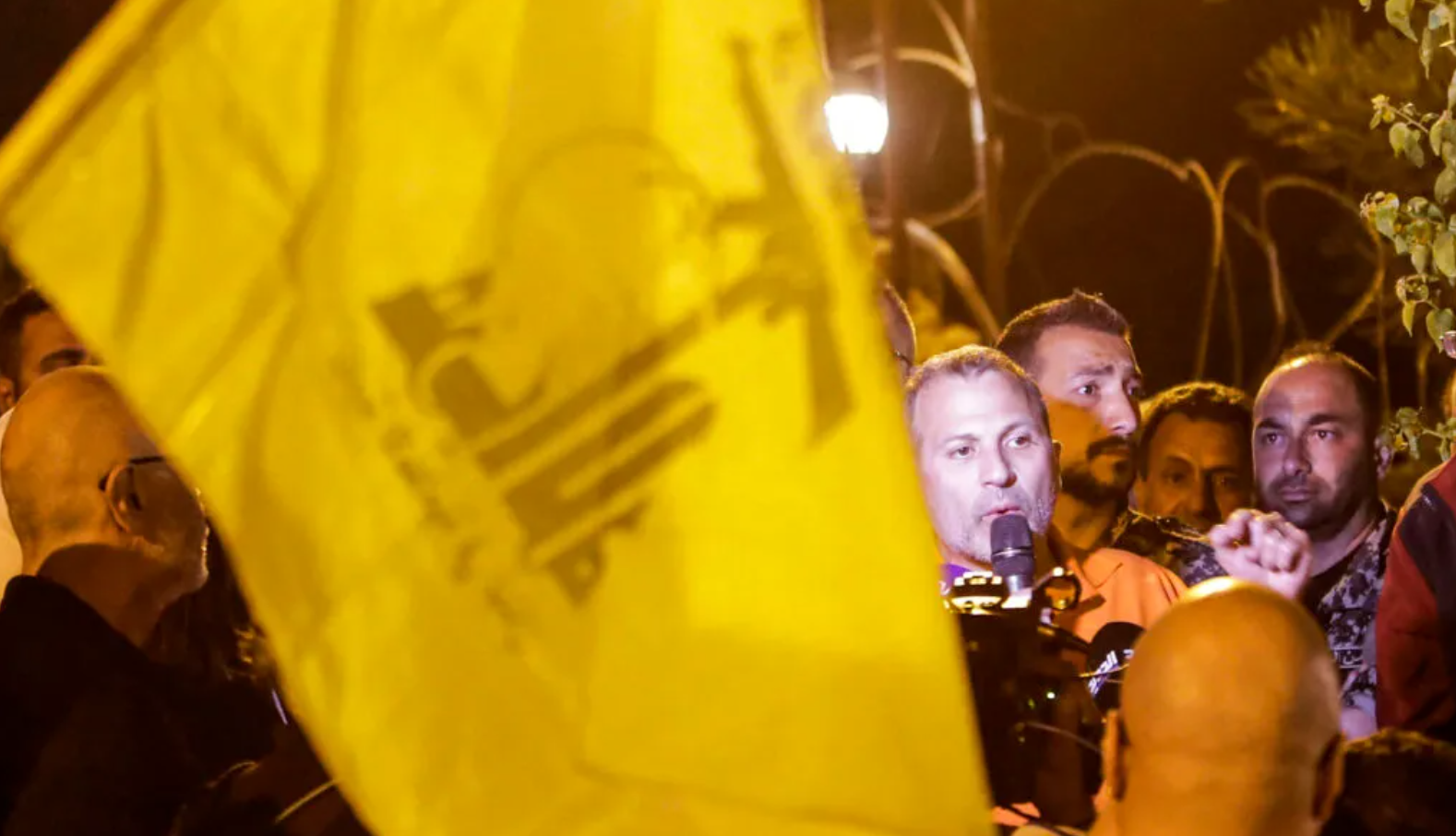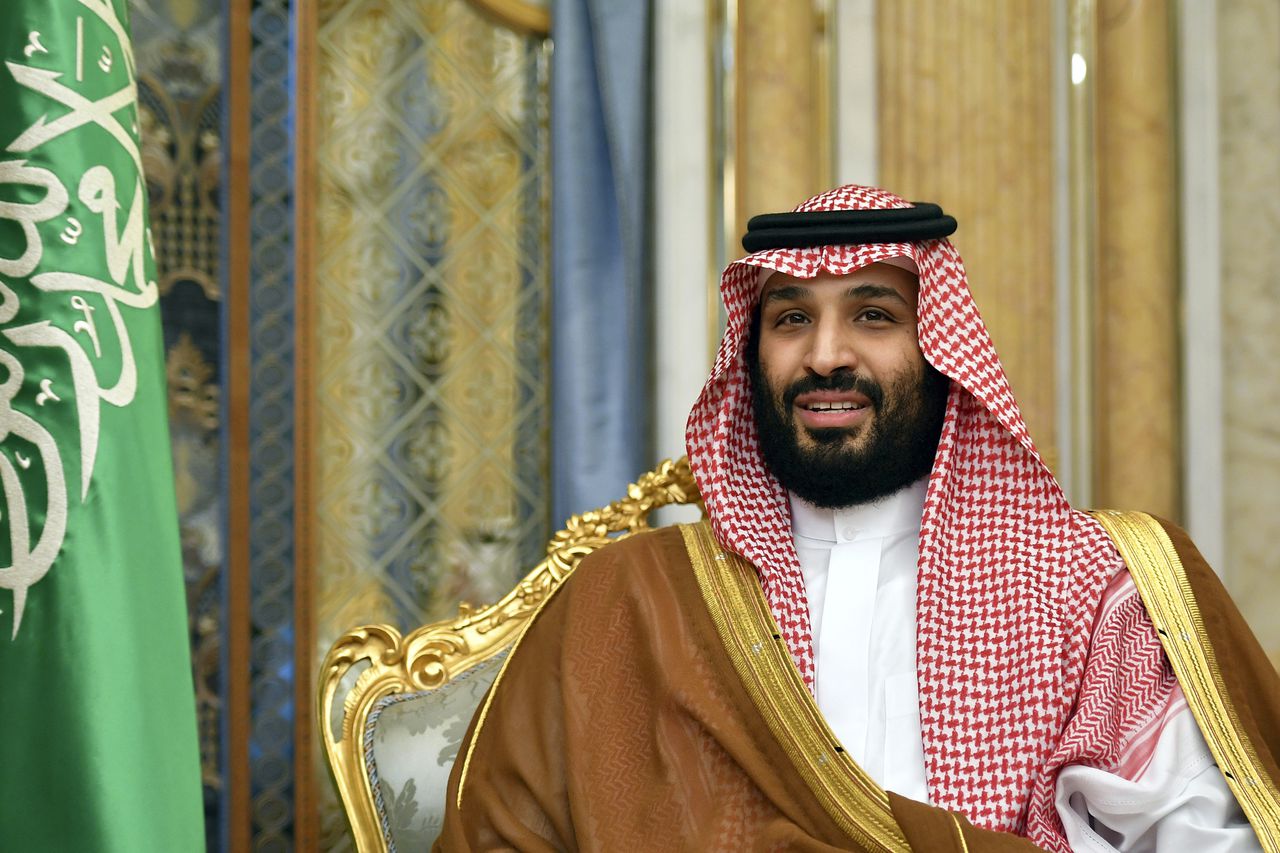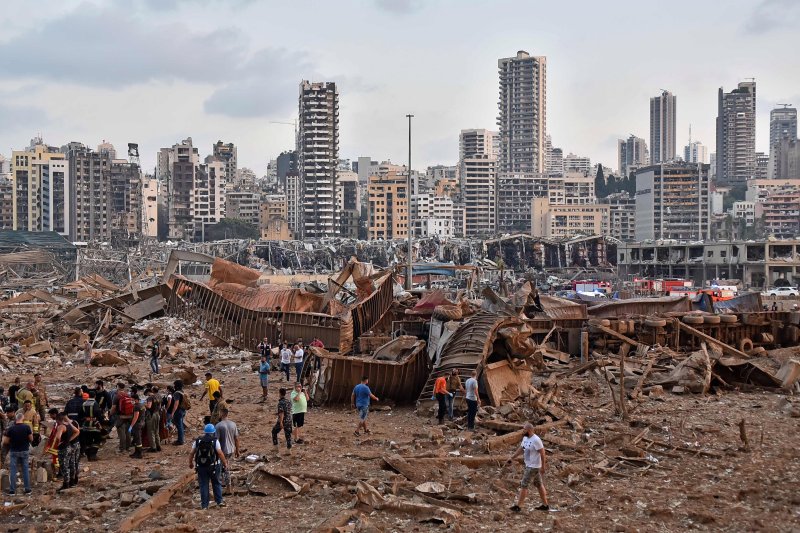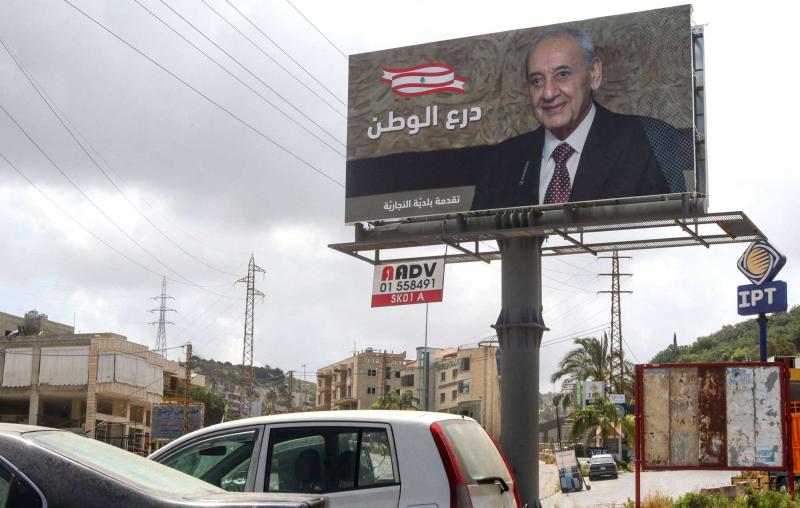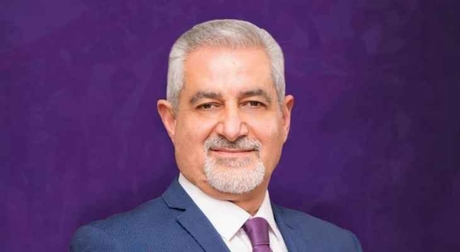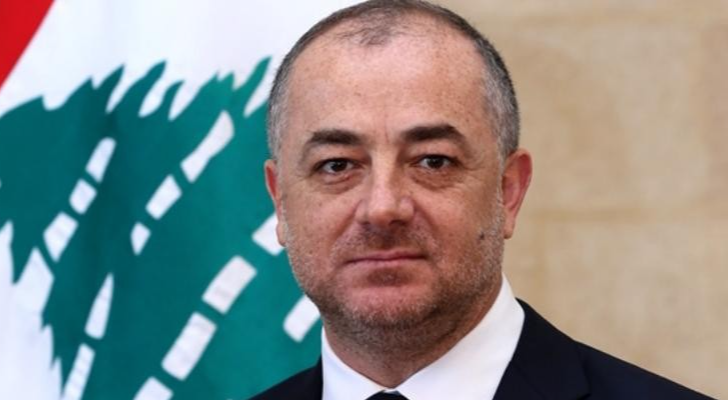
By Matt Unicomb in Sydney — middleeasteye.net — In some of Sydney’s suburbs, streets are lined with Arab grocery stores, halal butchers and kebab shops, run mostly by Lebanese immigrants and their descendants. The thriving community, which is one of the most deep-rooted in the country, gives a distinctively Lebanese flavour, reminding locals of back home. Many among Australia’s Lebanese community trace their families’ arrival back to the 1960s and 1970s, when the number of Lebanese-born residents tripled to 33,424. By 2016, the year of Australia’s most recent census, there were 76,450 Lebanese-born people in Australia.
Lebanon’s civil war, which began in 1975, prompted the Australian authorities to loosen visa requirements for the family members of the Lebanese community already in Australia, which led to the third and largest wave of Lebanese immigration. Today, more than 230,880 people in the country identify as Lebanese Australians, a cohort that includes some of Australia’s best-known authors, artists, athletes, politicians and scientists. “We are so different, and our experiences are so different,” says Michael Mohammed Ahmad, a writer, who lives in Sydney. “But there’s still a sense of familiarity when we talk to one another.”
A diverse community
The range of religions represented is as diverse as in Lebanon itself, with both Sunni and Shia Muslims making up around 40 percent of the community, and Christian denominations like Protestants, Greek Orthodox, Maronites and Melkites accounting for around 48 percent. Compared to other prominent minorities, such as Afghan or Sudanese, Australia’s Lebanese community is well established. The 2016 census showed that 83 percent of Lebanese-born people in Australia arrived before 2007, significantly higher than the 61 percent of the population born overseas. Around 70 percent of the Lebanese community lives in New South Wales, Australia’s most populated state.
